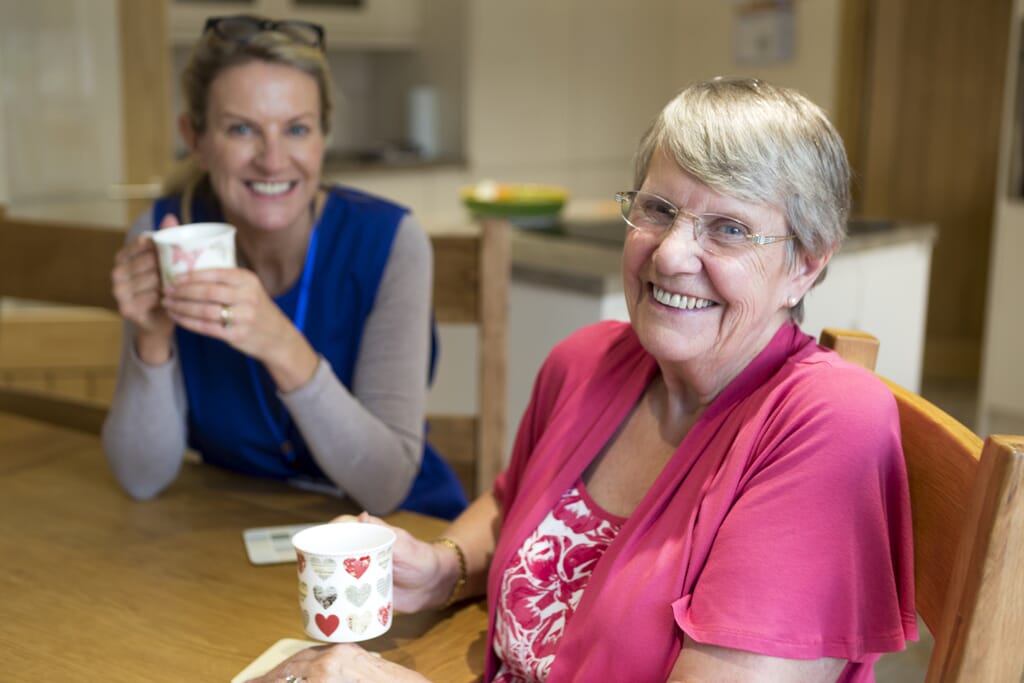Call: 01242 383 773 Or Email us

Complex Care
Understanding Complex Care: A Comprehensive Guide

Complex care is a form of individualised care that is provided for patients who have complex needs. It usually requires a team of healthcare professionals to work together in order to offer the right type of care to meet the individual’s needs. In this blog, we’ll take a closer look at what complex care is and the different types of complex care that are available.
Understanding Complex Care
Complex care, otherwise known as continuing care, is given to people who have significant continuing healthcare issues. These can include conditions such as neurological disorders, developmental disabilities, chronic health conditions such as diabetes and heart disease, substance use disorders and mental health disorders. They can be lifelong conditions, or can develop following an injury or hospital treatment.
Complex care provides personalised healthcare and support for anyone with complex care needs. The main function of complex care is to enable the patient to live an independent and fulfilled life as much as possible, by assisting them with daily tasks, taking care of pain management and other complex needs. Complex care can be given at home or in a residential nursing home depending on the patient and their family’s preference. You can discover more about the provision of complex care in our blog on What is Continuing Care?
Who can give complex care?
By its very nature, complex care requires the carer to be proficient in supporting people with a range of healthcare issues. Patients might have very specific care needs, for example, they may have sustained brain damage, spinal cord injuries, multiple sclerosis, muscular dystrophy, or may require the use of ventilators or feeding tubes.
Carers can give complex care but they will often require training for specific healthcare issues so they are equipped to support the patient to live an independent, fulfilled life.
Types of Complex Care
Personal Care
This is where carers give hands-on assistance to help individuals with their daily living activities. This could include things such as bathing, dressing, grooming, feeding, toileting and assisting with mobility. The aim of personal care is to give patients as much support as necessary to help them live as independently as possible.
Nursing Care
Skilled professionals, such as registered nurses, play a part in the clinical management of a patient’s healthcare needs. They will be responsible for tasks such as wound care, administering medications, monitoring vital signs and managing medical equipment. They will also be able provide skilled interventions by assessing a patient’s conditions, implementing health care plans and coordinating other healthcare team members to work together.
Rehabilitation Care
This is personalised support given after an illness or injury and is delivered by a team of professionals. This team can consist of occupational therapists, physiotherapists, and speech therapists who will work closely together and with patients to help rehabilitate a patient following injury or illness.
Mental Health Care
Complex care in mental health refers specifically to caring for people who have neurological conditions that can arise following surgery, trauma, environmental stress or that can be present from birth. This might include patients with brain damage, spinal cord injury, multiple sclerosis, muscular dystrophy, epilepsy, learning disabilities or who have suffered a stroke. The patient may have complex mental health conditions such as bipolar disorder, schizophrenia or severe depression. Or they may have been involved with substance abuse or have experienced trauma, such as physical or sexual abuse, neglect or violence. Our blog on What is Complex Care in Mental Health Nursing looks at this type of care in more detail.
Hospice Care
This specialised type of care is for patients who are in the final stages of a terminal illness. The main focus for caregivers is on making sure the patient is comfortable, by providing pain management and emotional support. Care teams, consisting of doctors, nurses, social workers and carers, will work together to ensure the patient’s last end-of-life wishes are respected.
How to arrange Complex Care for your loved one
At Safehands Healthcare, we have a team of Complex Care staff who deliver a personalised care plan for patients with complex care needs. Our live-in care staff are trained to deliver 24-hour care support for a range of health conditions. Contact us if you would like to know more.




